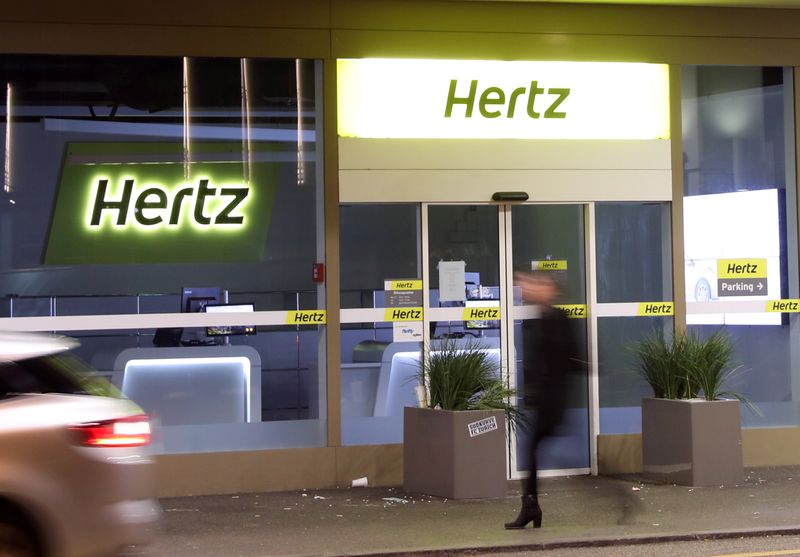Raytheon awarded $71 million in Navy contracts for missile systems
Car rental company, Hertz (HTZ) revealed Thursday that they have decided to sell approximately 20,000 electric vehicles from its U.S. fleet, one-third of the global EV fleet.
The process began in December 2023 and is anticipated to unfold systematically throughout the entirety of 2024.
EVs designated for sale will continue to be available for rental within the Company's fleet throughout the sales process. The Company plans to reinvest a portion of the proceeds generated from EV sales into acquiring internal combustion engine vehicles to fulfill customer demand.
Hertz expects the decision will better balance supply against expected demand of EVs. This strategic move aims to enable the Company to mitigate a disproportionate volume of lower-margin rentals and minimize expenses related to damages associated with EVs.
The Company will continue to execute its plan for EV mobility, providing customers with a diverse range of vehicles. Ongoing efforts are in place to enhance the profitability of the remaining EV fleet. This involves expanding charging infrastructure, strengthening ties with EV manufacturers for cost-effective access to parts and labor, and persistently implementing policies and educational tools to enhance the overall EV experience for customers.
Hertz expects the planned reduction will improve Adjusted Corporate EBITDA across 2024 and 2025. By 2025. The company expects the aggregate two-year benefit to Adjusted Corporate EBITDA related to the sale will offset the incremental net depreciation expense from Q4 2023.
Management also expects the additional free cash flow generated from this initiative will be approximately $250 million to $300 million in total for the years 2024 and 2025.
The Company will release Q4 2023 financials on February 6, 2024. Expected revenue is $2.1-2.2 billion, with Adjusted Corporate EBITDA (excluding non-cash charge related to the EV sales plan) ranging from ($120 million) to ($130 million). Higher depreciation from the EV sales plan and unexpected vehicle depreciation impact earnings. Despite flat direct operating expenses, collision, and damage costs, mainly from EVs, remain high, prompting a reduction in the EV fleet.
Shares of HTZ are down 4.06% in pre-market trading Thursday morning.
